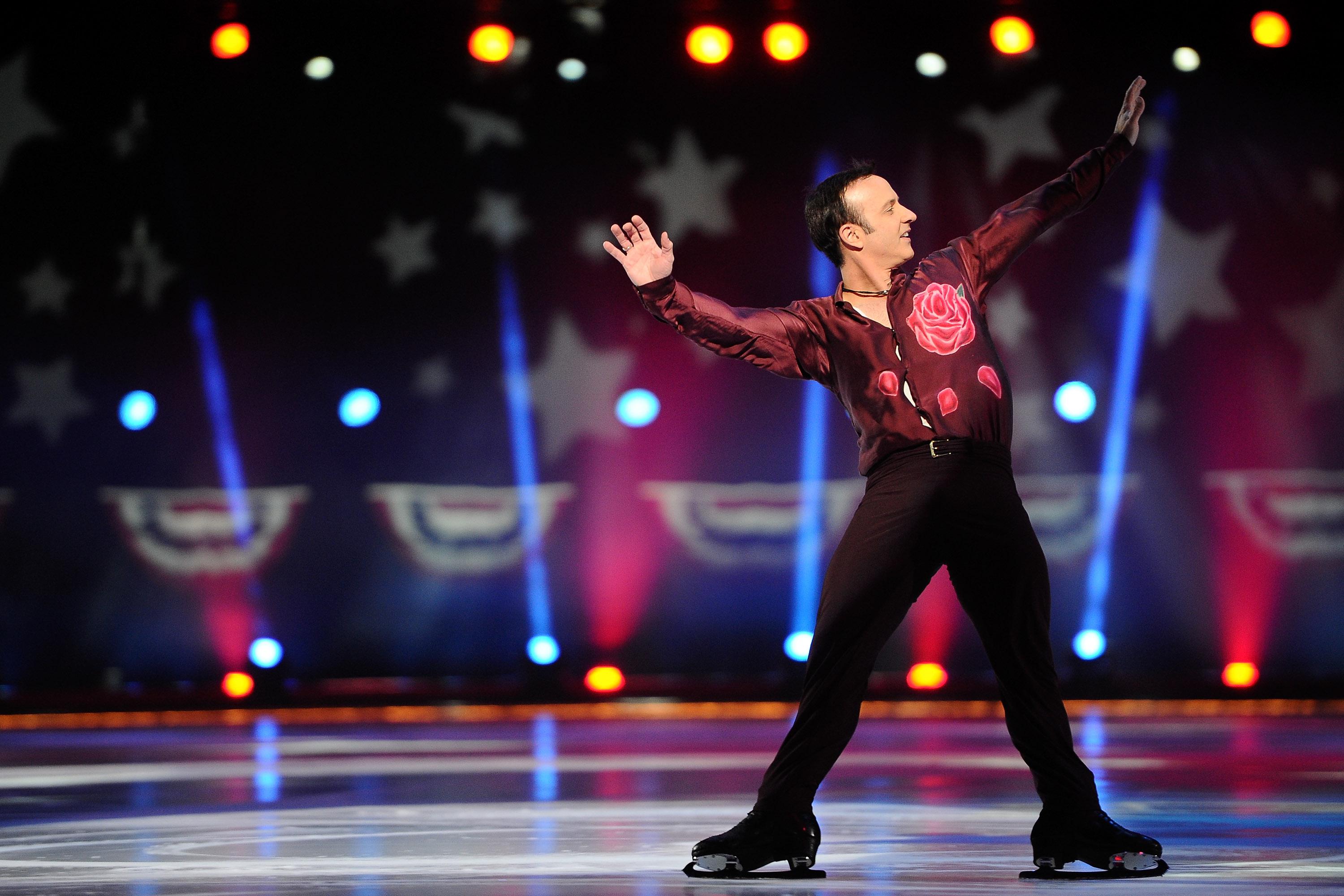When I’ve written about the language of public comings-out in the past, some readers have accused me of not respecting the personal nature of the act. Jason Collins, Tom Daley, and Maria Bello are individuals, these critics argue, and they should be praised for telling the truth about their sexual orientation, regardless of the words they use. I respectfully disagree; in the same way that a work of art exists—and must be evaluated—apart from the artist, the specific ways in which public figures talk about sexuality have consequences far beyond the “personal lives” they describe. Indeed, these tropes and phrases are often taken up and repeated, shaping our general thinking about what the act and its content mean. So when I critique someone’s coming-out language, I am not so much criticizing the person as I am the words that they felt were available to them.
Hopefully that preamble will help contextualize my problem with the coming-out announcements of two perfectly nice-seeming people currently in the news. The first, figure skater and 2014 Winter Olympics U.S. delegation member Brian Boitano, had this to say when acknowledging his homosexuality yesterday:
I am many things: a son, a brother, and uncle, a friend, an athlete, a cook, an author, and being gay is just one part of who I am. First and foremost I am an American athlete and I am proud to live in a country that encourages diversity, openness and tolerance.
The second is educator Mark Zmuda, a high school vice principal in Washington State who, in an extremely unpopular move, was just fired by his Catholic high school for marrying his same-sex partner over the summer. After confirming his sexuality and acknowledging the doctrinal conflict, Zmuda mimics Boitano in an interesting way:
… I think a lot of you guys are raised in a generation that is more open and acceptable to things that are legal now in the State of Washington. But, I just want you to know that my personal life is a small part of who I am. I am first a teacher and administrator.
An eyelash is a small part of a body, but being gay is somewhat more foundational, no? Obviously, the large majority of gay people do not, as I do, make their living in part by thinking about sexuality and its complicated interface with culture, so I understand why it may not be one of their listed interests on Facebook. Whether or not someone wishes to be a “professional gay” is not the issue. What bothers me about this “small part” stock phrase is the way it reads as a strange downplaying of the very thing you’re meant to be asserting with pride when you come out. Cognitive dissonance is bound to result when the second sentence of a positive public announcement amounts to “but don’t worry about it; even I don’t think it’s a big deal.”
Indeed, the “downplay the gay” reflex starts to seem fairly pernicious when you abstract it from a person’s individual valuation of their gayness versus, say, their commitment to coin collecting, into the realm of public interpretation—which is exactly what happens in these cases. In less friendly corners, “small part” can sound a lot like “minor personal issue” that, because you don’t care much about it, deserves little external respect, politically or otherwise.
I well understand that gay people all have passions, commitments, and hobbies that make us rich and interesting apart from our sexualities, but unfortunately we still live in a society that largely sees “gay” before it sees our professional achievements or Ultimate Frisbee prowess. We can debate the merits of that situation, but frankly I’ve never understood what’s so awful about gay being a prominent (even HUGE!) feature of a person’s life or self-presentation. And even if you don’t put much stock in being gay yourself, dismissing sexuality as “small” seems an odd way to treat the organizing principle of one’s own romantic life and, in many cases, social world. In any case, the larger political point is that the “amount of gay” a person possesses, whether vanishing or overflowing, shouldn’t have any bearing on how he is treated by society. Appealing to smallness as if it were a virtue does nothing to further that goal.
